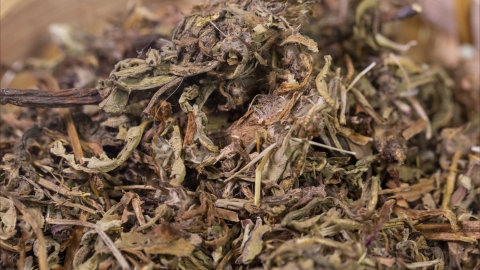Can dandelion (婆婆丁) improve anemia?
The term "popoding" usually refers to dandelion. Under normal circumstances, dandelion cannot improve anemia. As a herb, when consumed in moderation either by eating or steeping in water, it provides only minimal nutrients and cannot address the underlying causes of anemia. Therefore, attention should be paid to the method and quantity of its use. Detailed explanations are as follows:

Dandelion contains small amounts of vitamin C, iron, and dietary fiber. Vitamin C can aid in the body's absorption of iron, and the small amount of iron present can provide basic nutrition. However, anemia is often caused by insufficient iron intake, absorption problems, or blood loss. The iron content in dandelion is significantly lower than that found in iron-rich foods such as animal liver and red meat. Moreover, dandelion has no direct effect on improving hematopoietic (blood-producing) function and thus cannot meet the iron requirements of individuals with anemia.
Additionally, dandelion has a relatively cold nature. Excessive consumption or drinking of dandelion-infused water may irritate the gastrointestinal mucosa, causing discomfort such as abdominal pain and diarrhea. This is especially a concern for individuals with cold deficiency of the spleen and stomach. Therefore, when using dandelion, it is recommended to limit daily consumption to 5-10 grams when steeped in water, avoiding long-term or excessive intake.
In daily life, improving anemia requires targeted iron supplementation through foods such as lean meats, spinach, and red dates, combined with vitamin C-rich fruits to enhance iron absorption. Relying solely on dandelion has limited effectiveness; scientifically balanced dietary adjustments are key to improving anemia.






